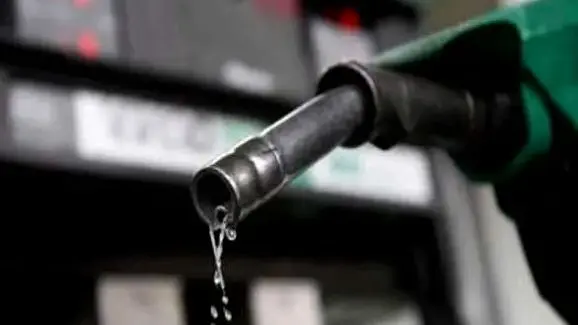Despite reassurances from the Nigerian National Petroleum Company Limited (NNPCL) that the causes of fuel shortages have been addressed, long queues for Premium Motor Spirit (PMS), also known as petrol, continue to increase, plunging the country into a new wave of fuel scarcity.
NNPC spokesperson Olufemi Soneye stated on Thursday that there would be no change in the prices of petroleum products, attributing the current supply constraints in parts of the country to logistical issues, which he claimed had been resolved.
However, as of Monday morning, extensive vehicle queues were observed at various filling stations in parts of Lagos State, with prices reaching as high as ₦700 per liter.
This situation is mirrored in Abuja, Kaduna, Kano, Benue, Sokoto, and other regions across the country, where motorists are dealing with soaring fuel prices.
Fuel prices have escalated to about ₦700 per liter and higher at stations operated by members of the Independent Petroleum Marketers Association of Nigeria (IPMAN), while those under the Major Energy Marketers Association of Nigeria (MEMAN) are selling for around ₦610 per liter and higher.
NNPCL-owned stations are currently selling fuel at ₦568 per liter.
Chinedu Ukadike, the Public Relations Officer of IPMAN, in a statement, linked the ongoing crisis to supply chain disruptions caused by maintenance activities at refineries in Europe.
He said, “The situation is that there is no product. Once there is a lack of supply or inadequate supply, what you will see is scarcity and queues will emerge at filling stations.
“On the part of NNPCL, which is the sole supplier of petroleum products in Nigeria, they have attributed the challenge to logistics and vessel problems.
“Once there is a breach in the international supply chain, it will have an impact on domestic supply because we depend on imports. I also have it on good authority that most of the refineries in Europe are undergoing turnaround maintenance, so sourcing petroleum products has become a bit difficult. “NNPC Group CEO has assured us that there will be improvement in the supply chain because their vessels are arriving. Once that is done, normalcy will return. This is because once the 30-day supply sufficiency is disrupted, it takes two to three months to restore it.
“We expect that by next week or so, NNPC should be able to restore supply and with another week, normalcy should return”.
Our correspondent, observing the situation over the weekend, noted that many filling stations were closed. Along the entire route from Berger through Ikeja, Ogba, to Agege, most stations were not serving customers.
Despite the fuel scarcity, only a few stations along the Lagos-Abeokuta expressway, stretching from Oshodi to Tollgate, were selling fuel, resulting in even longer queues with prices surpassing ₦700 per liter.
This shortage has consequently led to black marketers selling the product to desperate motorists at steep prices ranging from ₦1000 to ₦1200 per liter.



